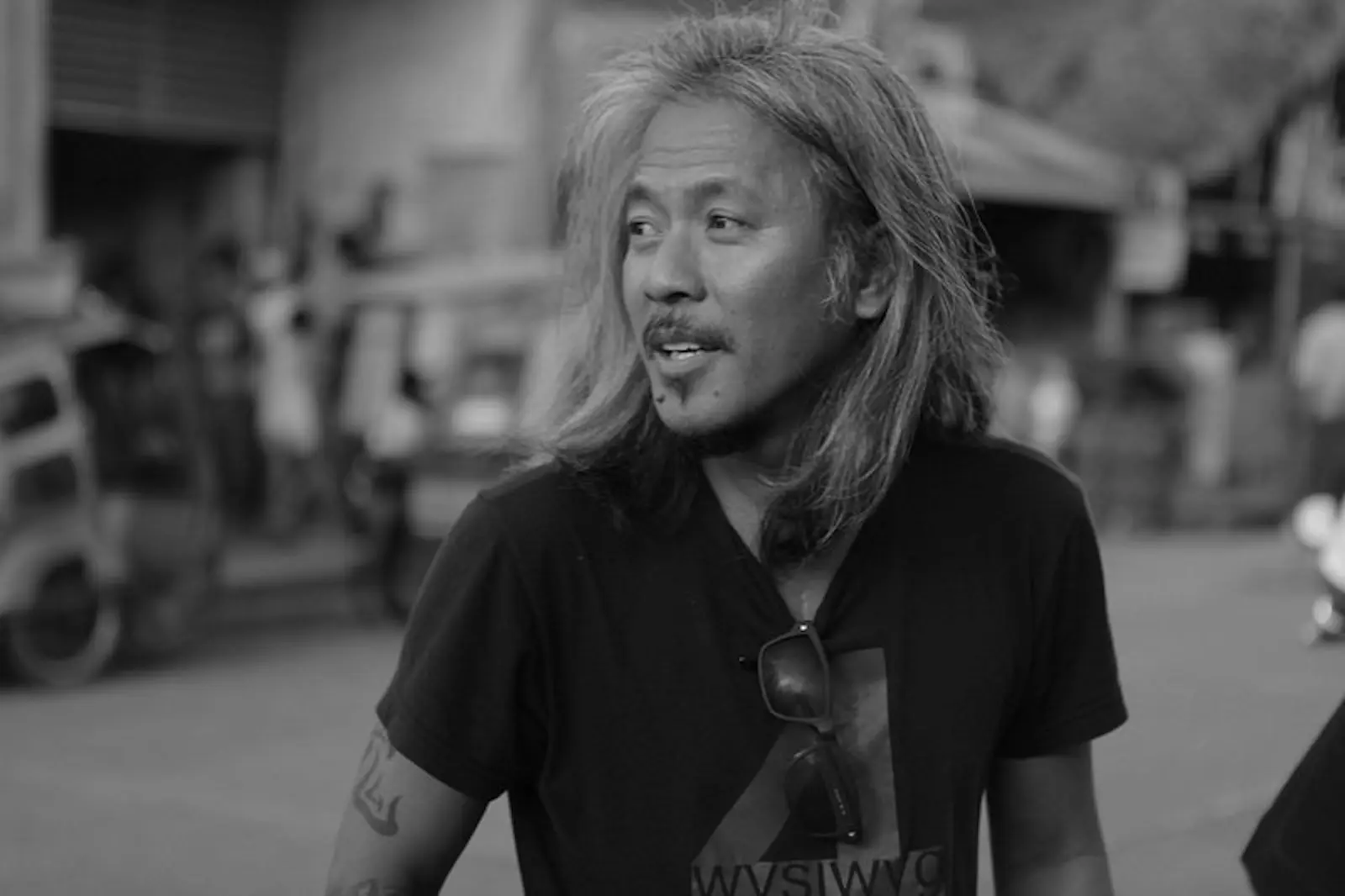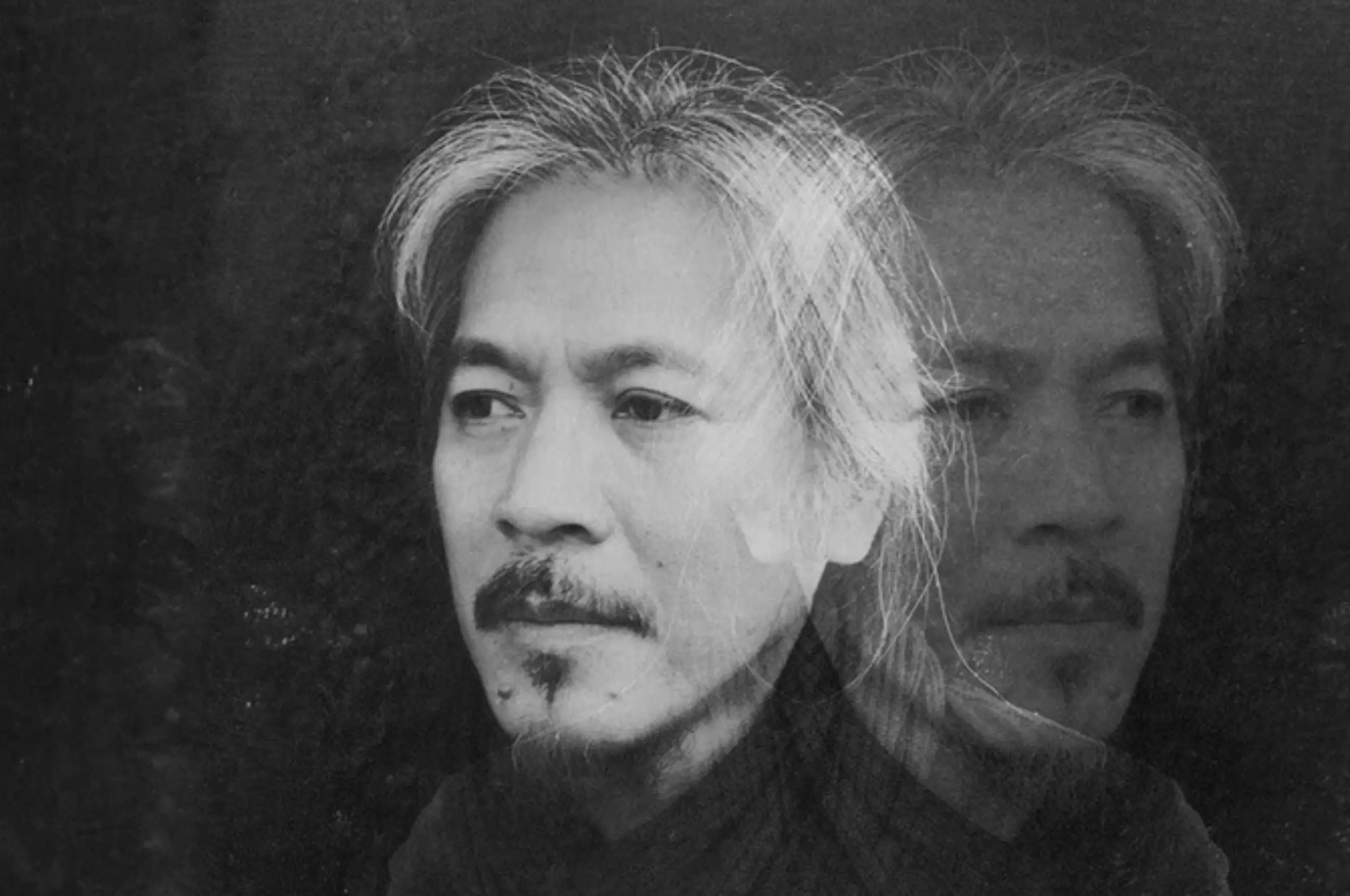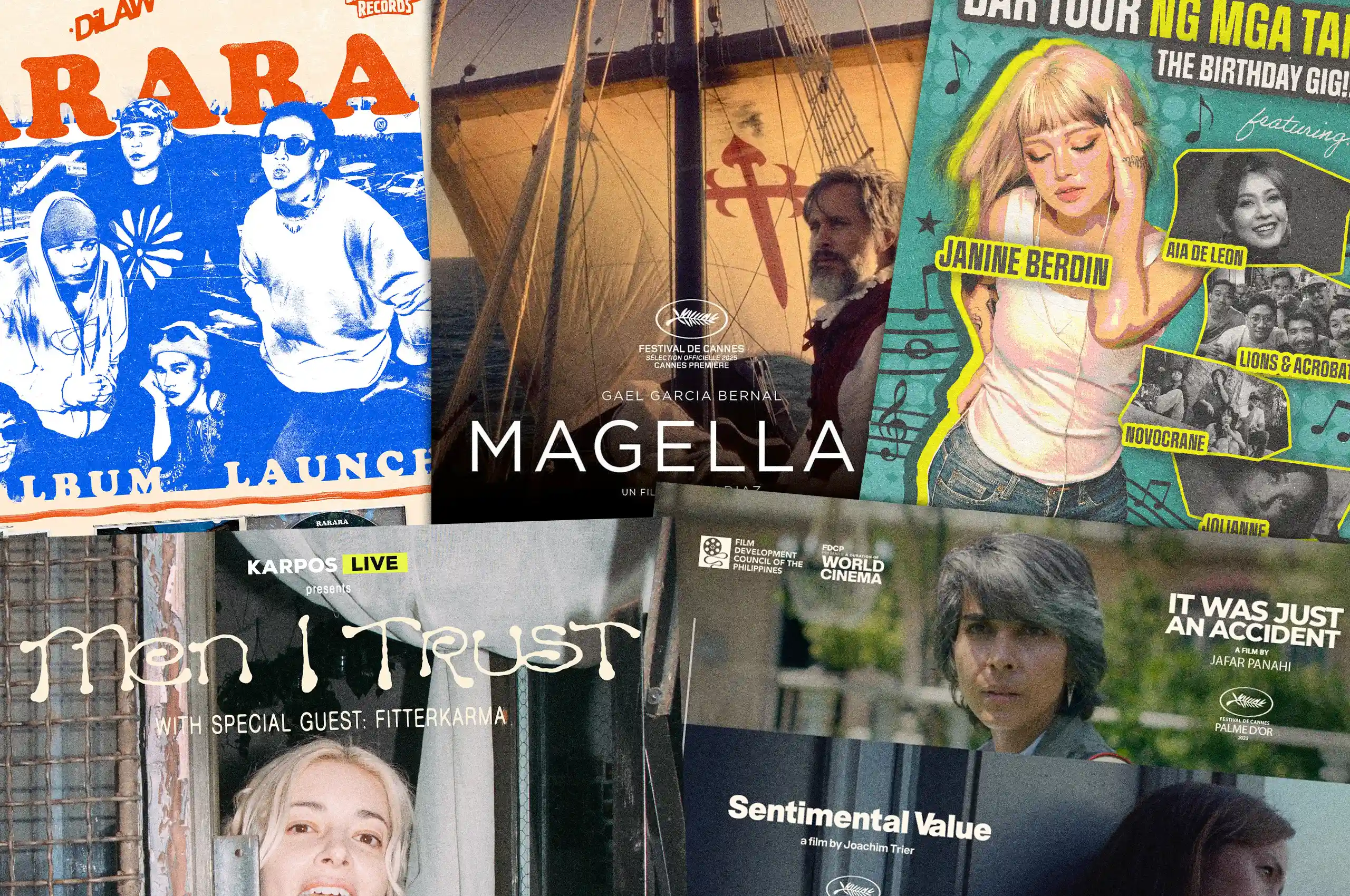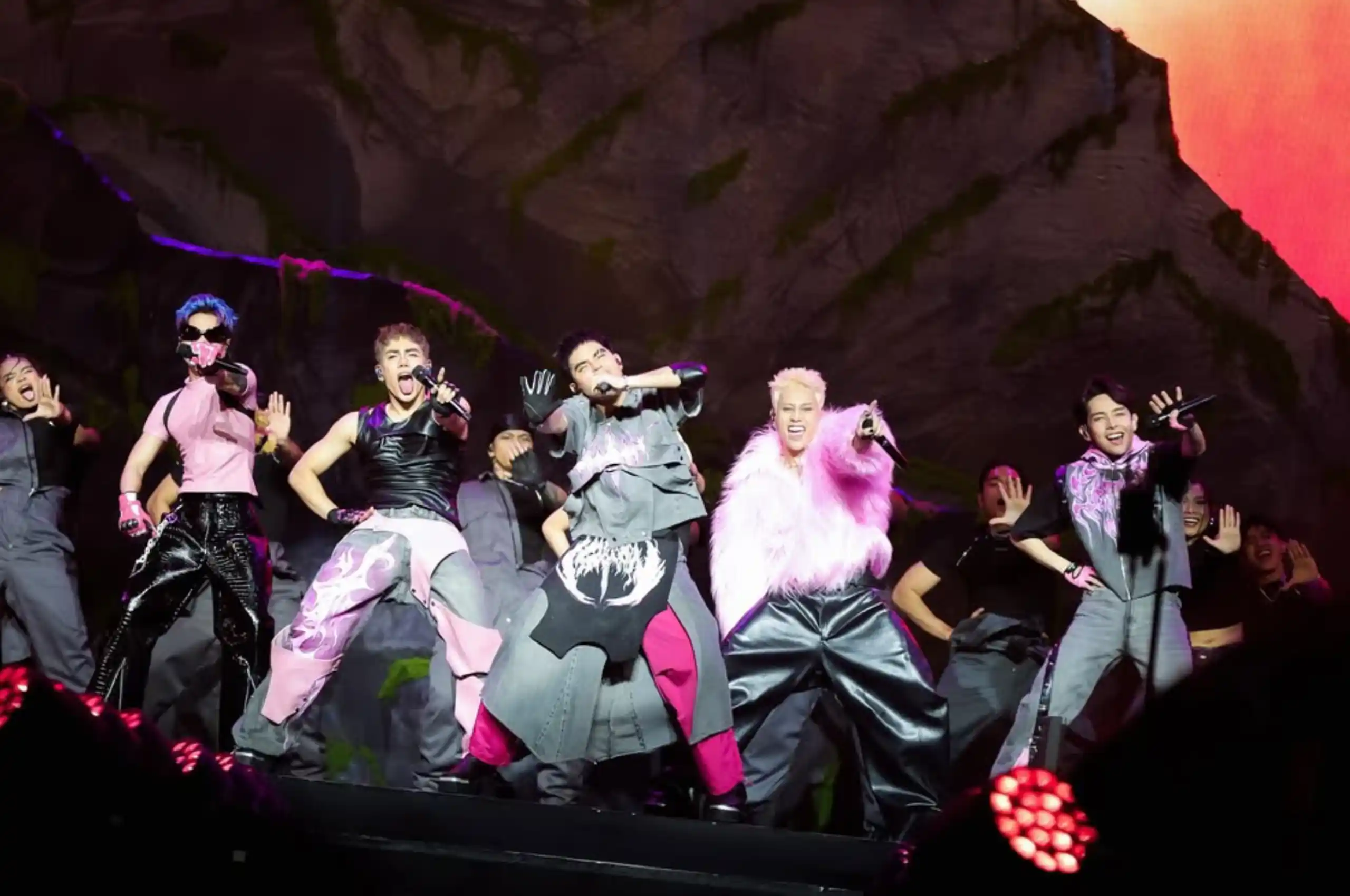Six years since his 2019 sci-fi thriller Ang Hupa premiered at Cannes, internationally acclaimed director Lav Diaz is returning to the prestigious film festival this May with his latest historical drama, Magellan.
Shot across multiple countries (the Philippines, Spain, and Portugal), Magellan centers around the Portuguese explorer’s journey to the archipelago as well as his eventual demise on our shores. The director has promised that the film will offer a more historically accurate portrayal of Magellan’s attempt to colonize the Philippines, unflinching in its depiction of violence.

“This film will not teach you history: It will make you feel history,” said actress and production manager Hazel Orencio to Rolling Stone Philippines. Aside from working as a production manager alongside Diaz on Magellan, Orencio also plays Juana, the wife of Datu Humabon, played by Ronnie Lazaro. Lazaro echoed his co-star, emphasizing how the film considers the version of history not commonly taught in Philippine schools. “In my generation, the history that they teach in school was always [focused on how] the Spaniards came and colonized, and how Lapu-Lapu, our hero, killed Magellan,” said Lazaro. “But before all of that, the Spaniards also came to baptize the people. Datu Humabon was the ‘welcoming’ tribe chief to the colonizers.”
Although there have been past cinematic interpretations of Magellan’s trip to the Philippines, both Orencio and Lazaro stress that Diaz’s version emphasizes the importance of truth in its retelling. “Truth [is what sets it apart],” said Lazaro. “Lav’s version of Magellan is a well-researched movie that challenges our present knowledge.”
Diaz, best known for creating some of the longest cinematic narratives to date — his longest to date, the 2004 drama Evolution of a Filipino Family, has a 10-hour runtime — has edited Magellan down to three hours for its premiere at the upcoming 2025 Cannes Film Festival. However, Orencio and Lazaro hope that the director’s cut of Magellan, which runs for nine hours, reaches audiences. “This is the complete version,” said Orencio. “That’s our hard work. That’s real immersion in history.”
“How can you tell history in three hours,” concluded Lazaro.







